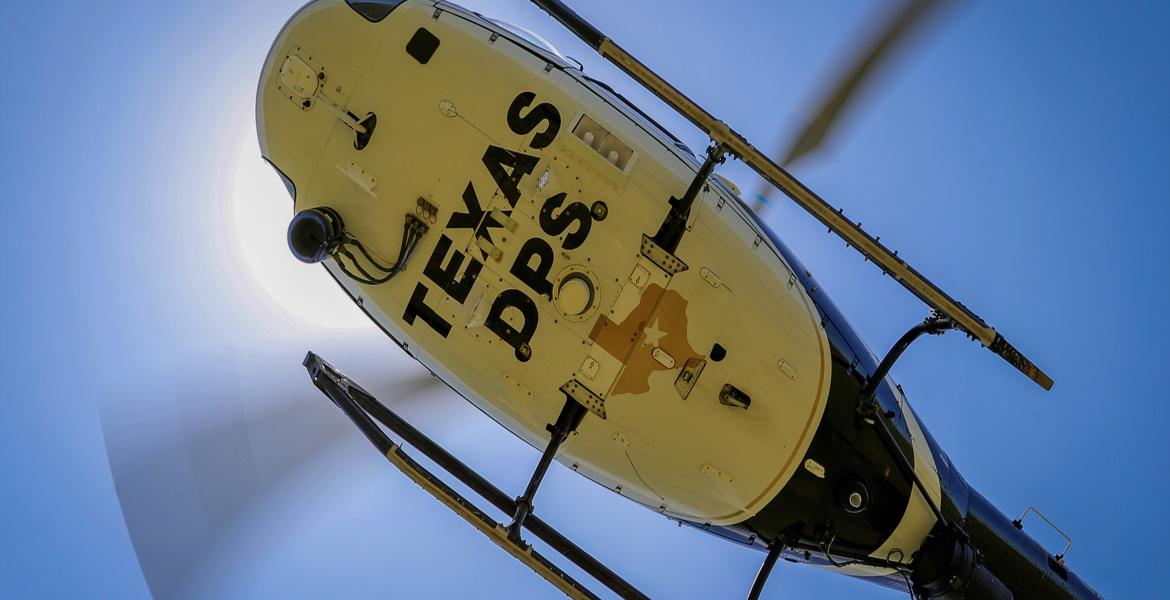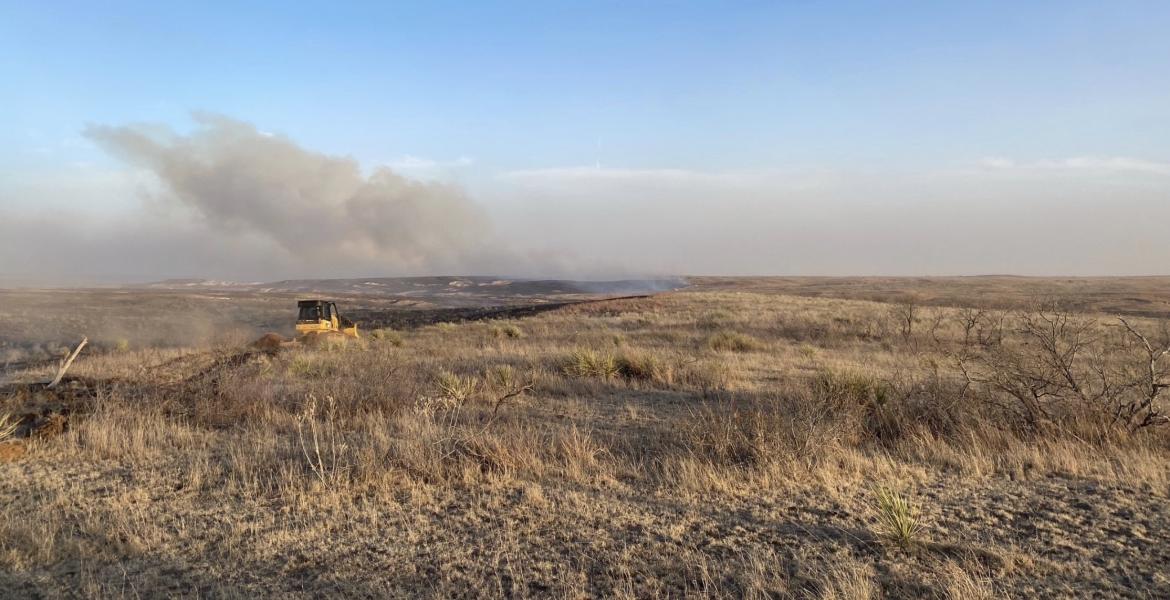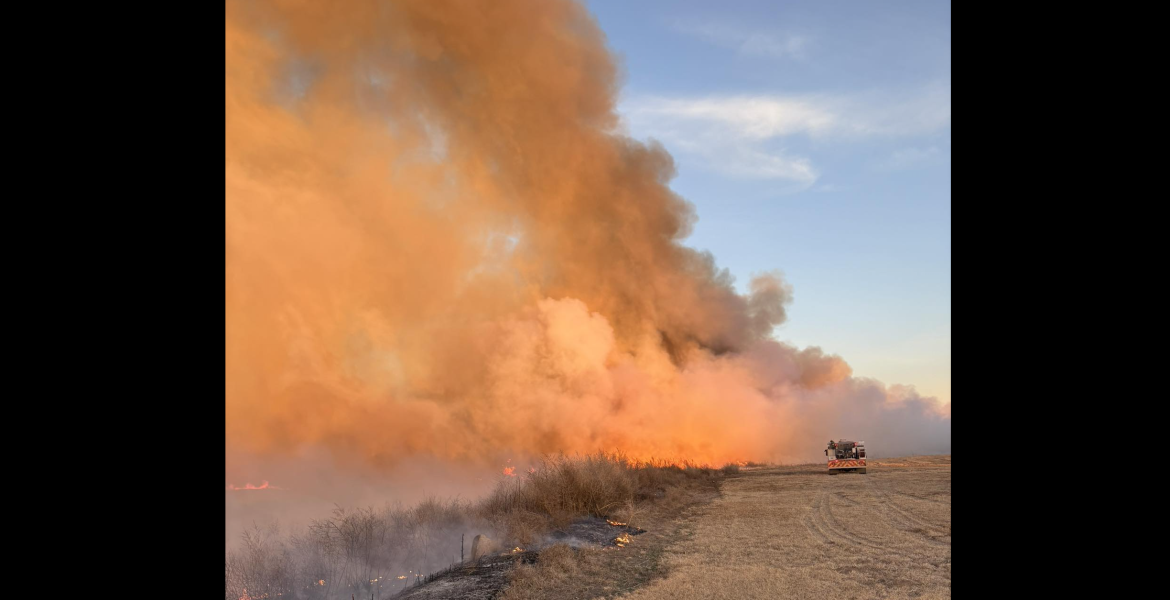Bishop Michael J. Sis discussed Laudato Si (“Be praised”), Pope Francis’s latest encyclical on Thursday. Laudato Si focuses on the environment and each individual’s role in maintaining it.
“With this encyclical, or papal teaching document, Pope Francis, speaking as a pastor, is offering moral guidance about care for others and care for God’s creation,” Bishop Sis said.
Sis claims that St. Francis wrote Laudato Si to speak to all people, not just Catholics or Christians. Furthermore, Sis was adamant about the ways the encyclical applies to residents of West Texas.
“We live in a part of the world where we have a huge capacity to develop wind and solar energy,” Sis said. “Renewable energy sources are promoted in this document. The fact is while fossil fuels fuel our local economy, they will not last forever. What happens if and when we don’t have anything else to pump out from the ground to make money off of? How can we survive? What’s going to be the basis of our economy? We need to be asking those questions.”
Sis, however, acknowledged the importance of the oil industry to West Texas, as it provides benefits to the community such as jobs and tax revenues. He even claimed that he would discuss this encyclical with leaders of the industry in Midland and that “lots of the people in the oil industry at all levels are Catholics.”
“These [oil industry leaders in Midland] are conscientious members of our church and we’re going to sit down with this document and sincerely talk about it,” Sis said. “It’s not going to be me scolding them; it’s going to be me learning from them, them learning from me, and us pondering these things calmly.”
According to Sis, Midland is a part of the 37,000 square miles and 29 counties of West Texas that Sis is responsible for as bishop. Sis stated, however, that the influence of Francis’s document surpasses not only geographical borders, but political borders as well.
“This pope is not motivated by any particular political party,” Sis said. “He’s motivated by the principles of our faith. What he says will both support and challenge claims of both of our major parties.”
Sis claimed that Pope Francis focused on the moral responsibility of protecting the environment from a spiritual angle rather than a scientific one. The bishop indicated that it is the church’s responsibility to raise awareness on the subject, however. He stressed the importance of spreading ideas through conversation and leading by example.
“The church is part of the larger human community,” Sis said. “Our members include policy makers, business leaders, scientists, laborers, and families. Together we seek to serve the best interest of society. The vision of Pope Francis is that all the following values can be pursued hand-in-hand: care for the environment, sustainable economic development, and care for the poor.”
Pope Francis suggested in his encyclical that the world has accepted “a throwaway culture,” or a culture that justifies neglecting or destroying what the masses deem as unimportant.
“These concerns [about the environment] are not new; they are rooted in Scripture and in the ongoing social teachings of the Church,” Sis said. “God created this world and he has entrusted it to our care. Today’s throwaway culture drives many of our environmental problems, and we can resist this by taking concrete steps toward simpler, fuller lives, which will help us grow closer to God and to each other.”
Subscribe to the LIVE! Daily
Required






Post a comment to this article here: